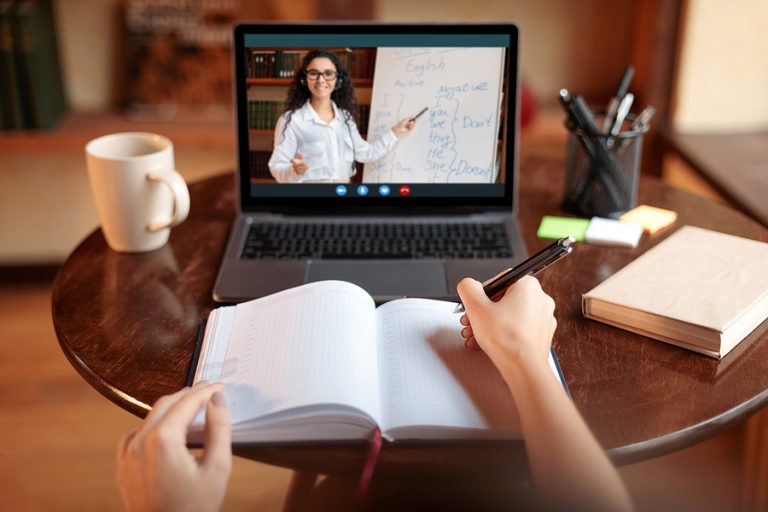Life is easy as a sponge, but it’s not a legitimate study technique
To get better test results requires studying smarter, not harder; by “harder” I mean putting in more hours and by “smarter” I mean using techniques that turn subject specific knowledge into long term understanding. The highest achieving students don’t have more time in a day than anyone else, they use their time more effectively than others – they just use the best study techniques.
There are two main approaches to study – active and passive. Think about the last time you read a novel. Did you ever “read” a page, turn it over and realise you can’t recall what happened on the last page? You read the words just fine but your mind was not focussed on what the words were trying to say! This can also happen while reading notes for revision. Simply reading notes so the information sinks in is not an effective use of your study time. Your brain can be disengaged, thinking about the weekend, and you leave the study session none the wiser. This is called passive study and is like being a sponge; you hope that being in the presence of information will be enough to soak it into your long term memory. Active study is the better approach which is like a shark hunting its prey as it requires the brain to be focussed and on task.


Active Study Techniques
Active study is the deliberate manipulation of words and concepts in order to better understand and retain new information.
Active study involves adding tasks to your revision that requires the brain to be focussed and thinking on the subject matter; it doesn’t need to be overly complicated. A simple example of active study is writing notes. The rewording and connection-making you do while writing your own notes is the deliberate manipulation of words and concepts. Yes, it requires more brainpower than just reading the teacher notes or your textbook – at a minimum you will need to decide what information is worth writing down. During that decision making process your brain must be focussed and thinking of the subject matter. This in turn that will help you understand and retain the new information. If you are going to do an hour of study, it might as well be an effective hour, right?

Note taking is a simple example, but not the only one and there are more powerful active study techniques. I’ll be covering the active study techniques you can easily make a part of your revision sessions within the articles of this Active Study Techniques series. Changing how you approach your studies (becoming more active) will drastically improve your confidence with any subject material and boost your test and exam scores too.
If you’d like to read some more on the benefits of active study, I can recommend:
More articles to boost your ATAR performance

ATAR Student to Teacher; An Amazing Full-Circle Journey
Once an ambitious ATAR student, Carol has returned to the platform, this time to help her own students excel.

How AI may make or break education in 2023
ChatGPT, an AI language model, will impact students and teachers in 2023 The role of artificial intelligence (AI) in education has suddenly become increasingly important.

Assessment keywords; the easy way to improve your answers
Identifying keywords in test and exam questions helps you understand what the question is asking for and what kind of information or response is expected. Keywords like “state,” “describe,” and “compare” indicate the type of answer required and guide you in organising and presenting the intended answer.

The best note-taking methods
What are note-taking methods? As covered in a previous article, research shows active note-taking improves memory and understanding of a topic. In comparison, receiving notes

Boost test scores with better note taking
How Active Note Taking Improves Test Scores Have you ever done the following? Asked your teacher to go back to the previous slide because you

A better way to use flashcards – the Leitner system
A better way to use flash cards – the Leitner system Flashcards are a tried and true method of study and better yet, promote active
